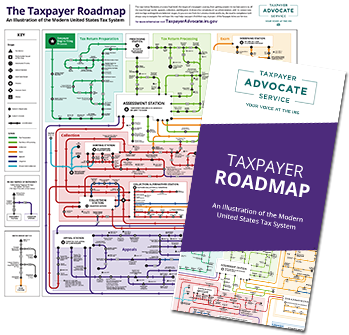A federal tax lien arises automatically if you don’t pay the amount due after receiving your first bill. The government also may file a Notice of Federal Tax Lien (NFTL) in the public records. This notifies creditors the IRS has a claim against all your current and future property and rights to property.
Generally, within five business days of filing the NFTL, the IRS will send you a Notice of Your Right to a Collection Due Process Hearing. You’ll have until the date shown on the notice to request a Collection Due Process (CDP) hearing with the IRS Independent Office of Appeals (Appeals). This deadline can’t be extended for any reason. See Publication 1660, Collection Appeal Rights, for a full explanation of the CDP process. At the CDP hearing, you may raise many issues which include proposing another way to pay your debt, and in some cases, to contest the debt itself.
Once a lien arises, the IRS generally can’t release it until you’ve paid the tax, penalties, interest, and recording fees in full or until the IRS is no longer legally able to collect the tax. However, in certain circumstances you may request relief through NFTL withdrawal, lien discharge, lien subordination, or lien release.
This notice or letter may include additional topics that have not yet been covered here. Please check back frequently for updates.





